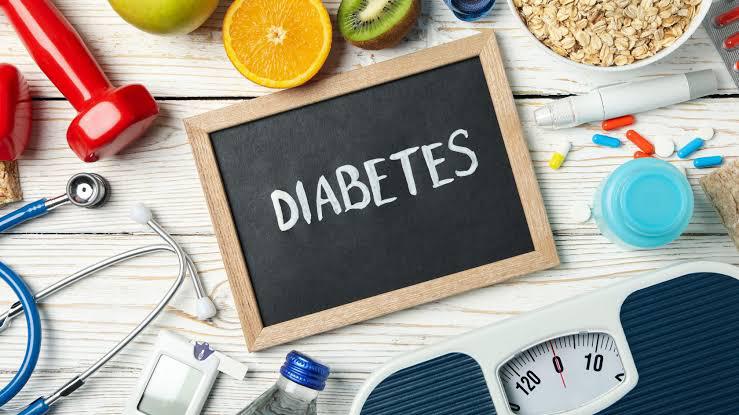What is diabetes? Why does it happen? And how does it heal? Learn all about it!
Causes and Prevention of Diabetes | Diabetes is a condition where your blood glucose level increases. It is the job of the hormone insulin to transport glucose from the blood into the cells where it can be used as energy. When that process is disrupted, your blood glucose levels rise, and that’s when you develop diabetes. (Causes and Prevention of Diabetes)
There are many types and subtypes of diabetes. (What are the Types of Diabetes?)
Two of the main ones are type 1 and type 2 diabetes. Type 1 diabetes or juvenile diabetes is a genetic condition where your pancreas does not produce insulin. External insulin is required for this type of diabetes. Discontinuing insulin injections is not an option for this type of diabetes.
Type 1 diabetes is diagnosed in childhood. (Type 1 Diabetes)
The most common type of diabetes is type 2 diabetes. Most people have it. This type is not diabetes because your body does not produce insulin. Because your body’s sensitivity to insulin has decreased. Or in other words your body is resisting the action of insulin. This is called insulin resistance.
Type 2 diabetes is a lifestyle disorder! (Type 2 Diabetes)
Your body develops insulin resistance for 2 primary reasons (there are others too)
Consuming more carbohydrates (Carbohydrates)
High carb intake means more glucose clearance, forcing the pancreas to produce more insulin.
Frequent meals
The more often you eat/drink, the more often insulin is activated and the higher your baseline insulin level.
As an analogy, think about what happens when you take a dose of medicine or drink the same amount of alcohol every day. Your body adapts to it and you don’t get the same effectiveness from the same dose/dose. Same reasoning. Higher basal insulin level = less sensitivity to it.
 More carbs/frequent meals
More carbs/frequent meals  More glucose
More glucose  More insulin
More insulin  Decreased insulin sensitivity
Decreased insulin sensitivity  Insulin resistance
Insulin resistance  Type 2 diabetes.
Type 2 diabetes. There are several blood tests to evaluate your blood sugar control
HbA1C
Fasting Glucose
Fasting Insulin
HbA1C or Glycated Hemoglobin is like a 3-month average of your blood glucose. This parameter does not fluctuate much.
According to the guidelines,
HbA1C < 5.7 = normal
HbA1C btwn 5.7-6.5 pre diabetic
HbA1C> 6.5 diabetics
HbA1C is influenced by factors other than blood glucose levels. Let your practitioner analyze them. Fasting and PP (Post Prandial Glucose) glucose tests only measure blood glucose levels at relevant times. Please have a suitable full meal before testing PP Glucose/Insulin. Having the namesake snack will lower the numbers, but you’re just fooling yourself! It is important to check your blood insulin levels: fasting insulin and/or PP insulin. These tests are not often prescribed by doctors and are often not part of a full physical package. But please test them! The PP insulin test is a better indicator than fasting insulin.
Getting insulin tested is important because you can develop insulin resistance before diabetes and other metabolic diseases develop.
A normal Hba1C/glucose level does not necessarily mean you have good blood glucose control.
For a healthy person, both blood glucose and insulin levels are normal. In the early stages of insulin resistance, blood glucose/HbA1C may be normal, but with high insulin levels.
Suppose a person has an HbA1C of 5.2, and a fasting insulin of 5, and another person has an HbA1C of 5.2 and a fasting insulin of 10. Who is healthy?
Person 1!
Because to keep glucose levels under control (at the same rate), the second person’s body has to produce twice as much insulin as the first person’s body.
That means person 1 is more insulin sensitive than person 2.
When insulin sensitivity is reduced to the point that blood glucose cannot be kept down by insulin, i.e. T2D.
Prediabetes is diabetes!
Remedies for type 2 diabetes
Low carb diet
Fasting (be careful if taking certain medications)
Physical movement
